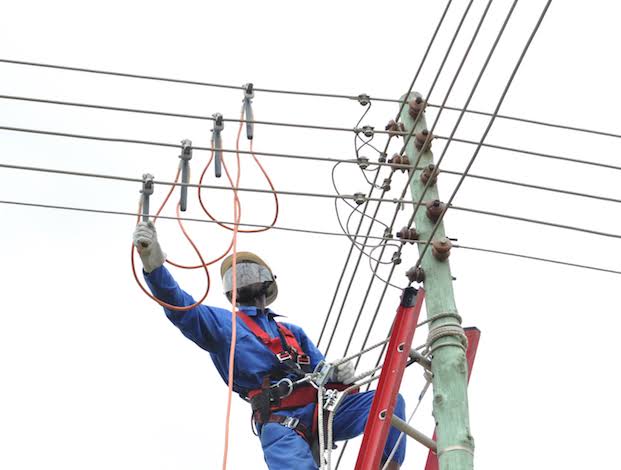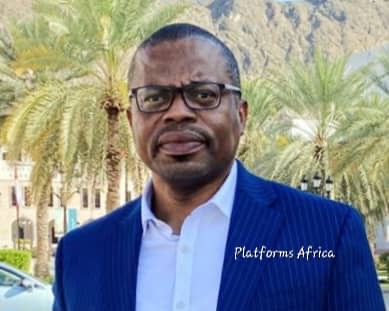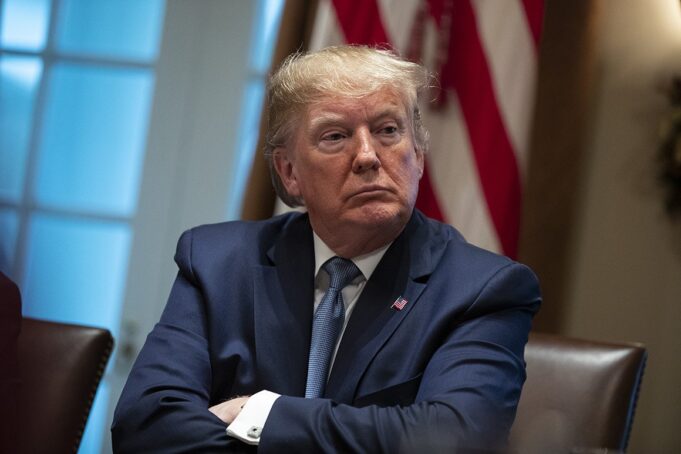. Okays 35% increase payable through government’s subsidy as it releases new MYTO
“(Allowable) tariff frozen for all customers at the rates payable since December 2022, while government pay more on subsidy. In all, the DisCos will still smile to the bank. “
The Nigerian Electricity Regulatory Commission (NERC) has frozen tariffs from customers to the eleven distribution companies (DisCos) at the rates payable since December 2022.
Platforms Africa reports that though the latest Multi Year Tariff Order (MYTO) issued by the commission approved a hike in the tariffs upto 35 per cent for DisCos effective 1st of January 2024, it stated clearly that the burden would be shouldered by the government through an increase in subsidy payable on electricity.
READ ALSO: A Man, And Then What? Sometimes Shed Tears; Here’s Why
‘Fish Them Out, Punish Them,’ Tinubu Speaks On Ibadan Explosion
Ibadan: Foreign Illegal Miners Fled Scene Before Explosion – Survivor
Tears of A Wife Can Cure An Aggressive Husband – Study
NNPCL Uncovers 83 Refineries,15 Pipelines Illegally Operating In Niger Delta
BSc For ‘Witches’: Is Kenya’s Machakos Varsity Offering Degree In Witchcraft?
The item 22 on the MYTO titled “Approved Cost-Reflective and Subsidised Tariffs,” obtained by Platforms Africa, reads;
“Pursuant to Section 116 of the EA and extant regulations, the Commission considered and approved for AEDC the cost-reflecive tariffs contained in Table 10 below with effect from 1* January 2024 and shall remain in force subject to automaic monthly adjustments on pass-through indices including Nigerian and US Inflation rates, Naira/US$ exchange rates and gas to power tariffs.
“In line with the policy direction of the FGN on electricity subsidy, the allowed tariffs
as contained in Table 10 below, we are frozen for all customers at the rates payable since December 2022. With this policy, the estimated subsidy benefit for customers under AEDC franchise in 2024 is approximately NGN233.26bn (i.e., NGN19,44bn monthly).
“The allowed tariff is with effect from 1 January 2024 and shall remain in force, subject to further policy direction of the FGN.”
The MYTO issued to the Abuja Electricity Distribution Company (AEDC) reads further; “AEDC applied for the review of its tariffs under section 116 of the EA, given changes to macroeconomic indices and other tariff variables in order to maintain effective business operations. The key highlights of AEDC’s application incude: Changes to the Nigerian and United States inflation and foreign exchange rates.
“In view of significant movement in these indices. A reset of the Aggregate Technical Commercial and Collection (“ATC&C”) losses applied in tariff determination to 35.00% effective from 1st January 2024 to reflect operating realities.
“Plan to deploy 772, 123 end-use customer meters over a 5-year tarif period to eliminate estimated billing. Commitment to execute capital investment projects that will enable the tility to achieve service delivery targets.
“Revision of operating expenses (“OPEX”) to improve responsiveness to fault clearing and customer complaints.
“Plan the exit of AEDC from NBET’s Vesting Contract regime, thereby allowing AEDC to procure electricity directły from Generation Companies (“GenCos) through blateral contracts.”
Six Things To Know About new MYTO
Meanwhile, the new MYTO has elicited reactions from customer groups and stakeholders. Here are six things to know about the new tariff order.
1. No customers should entertain an increase in his bill.
2. Contrary to reports that the NERC has approved an increase in tariffs, the new order it is a recognition of what is cost-reflective.
3. But also that FGN is subsidising, and therefore, tariffs remain frozen for customers.
4. The allowable tariff still remains the same for 2023 and 2024. No increase.
5. The subsidy has increased since the tariff didn’t change despite the increase in cost.
6. In all, the DisCos will have to smile to the bank as they get more money from government as subsidy.
Platforms Africa





